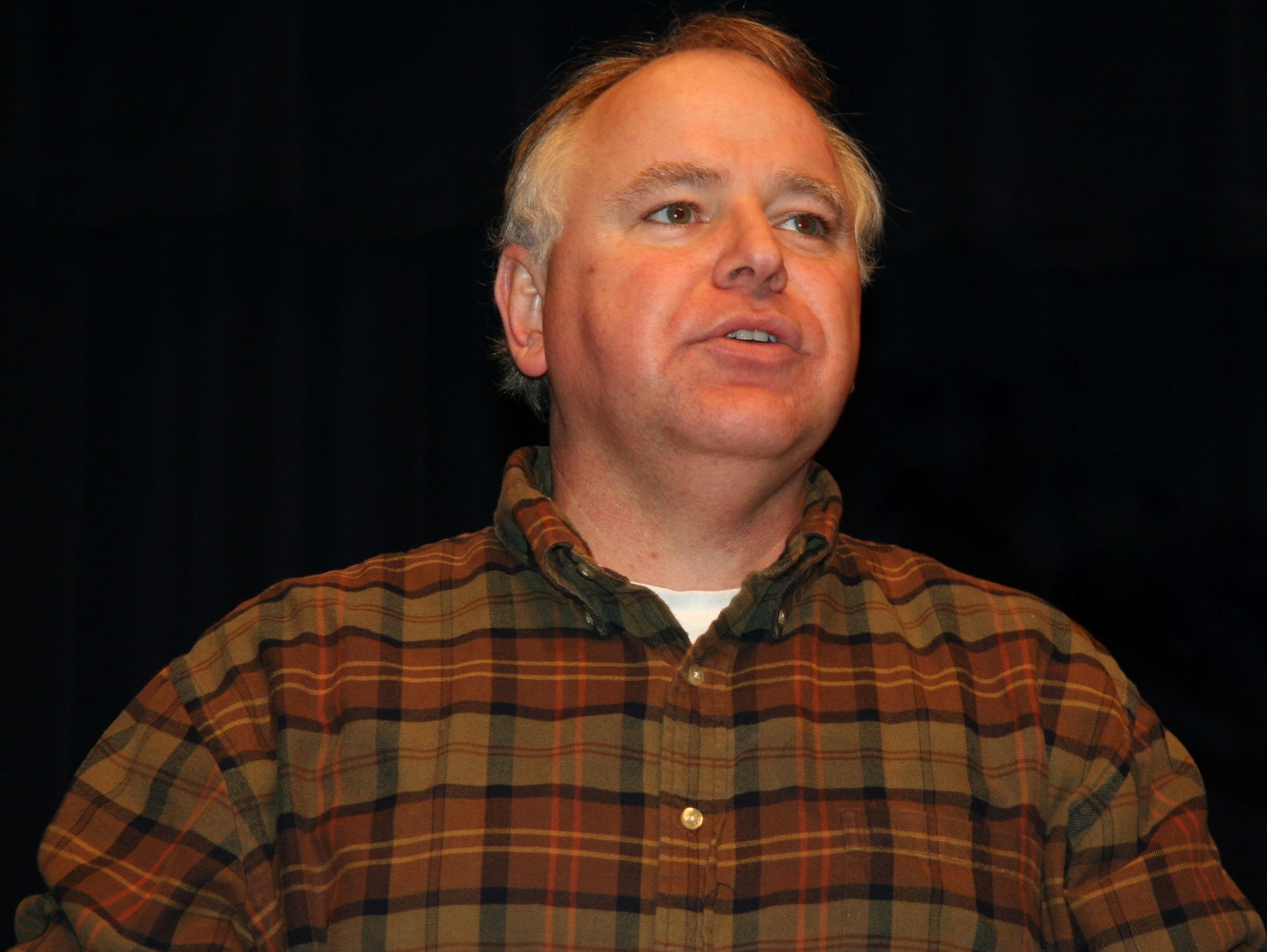Minnesota In The Dock For Racial Discrimination On State Board
Minnesota not so nice to non-specified racial and ethnic groups.

The Pacific Legal Foundation (PLF) filed a federal lawsuit on behalf of the American Alliance for Equal Rights (AAER) in a case that challenging race-based appointments on Minnesota’s Board of Social Work.
Government regulatory boards are commonplace for countless professions throughout the country. Minnesota social workers fall under the purview of the Minnesota Board of Social Work, which has 15 members—ten social workers and five members of the public.
Another requirement of board membership, however, has nothing to do with social work. At least five members must be representative of specific minorities.
The American Alliance for Equal Rights has at least two members who would like to be considered for the board. However, they are not members of a preferred race or ethnic group and are therefore at a significant disadvantage for any of the openings. Edward Blum is president of AAER and was a party in the June 2023 Supreme Court case Students for Fair Admissions v. President and Fellows of Harvard College. In that landmark decision, the Supreme Court ruled that race-based affirmative action programs in college admissions violate the Equal Protection Clause of the Fourteenth Amendment. Dissenting were Justices Elena Kagan and Sonia Sotomayor, both of whom were nominated by Barack Obama.
“Minnesota cannot use race to disqualify or disfavor individuals from public service. Race quotas are unjust, demeaning, and unconstitutional under the Fourteenth Amendment,” said Brandon Beyer, an attorney at Pacific Legal Foundation. “People should be treated as individuals, not as members of a group they did not choose,” Beyer said.
The Board of Social Work is made up of fifteen governor-appointed members. State law requires that, of the ten social worker members, “at least five members must be members of: (1) a community of color; or (2) an underrepresented community.” The statute clarifies: “Underrepresented community” means a group that is not represented in the majority with respect to race, ethnicity, national origin, sexual orientation, gender identity, or physical ability.
A report released by PLF found 25 states where such allegedly unconstitutional discrimination has been codified. Without action, the problem is likely to worsen, according to PLF. A nonprofit law firm and advocacy group, PLF is working to defeat race and sex board quotas in Minnesota and all other states where the unconstitutional practice is allowed, said a press release.
According to PLF, "It’s wrong for the government to make assumptions about people’s experiences and qualifications based on arbitrary and offensive assumptions about race. And it’s unconstitutional. No government official should use an individual’s race or ethnicity to determine who gets the opportunity to serve the public. Treating people differently according to immutable characteristics like race violates the very notion of equality before the law. People should be treated as individuals, not as members of a group they did not choose."
The case is American Alliance for Equal Rights v. Tim Walz, filed in the U.S. for the District Court of Minnesota. Walz is the Democratic governor of Minnesota.
Pacific Legal Foundation is a national nonprofit law firm. According to its website, it seeks to advise and counsel in case where citizens are "government overreach and abuse. It was founded in 1973, and has active cases in 39 states plus Washington D.C., PLF represents clients in state and federal courts with 18 victories out of 20 cases heard by the U.S. Supreme Court.